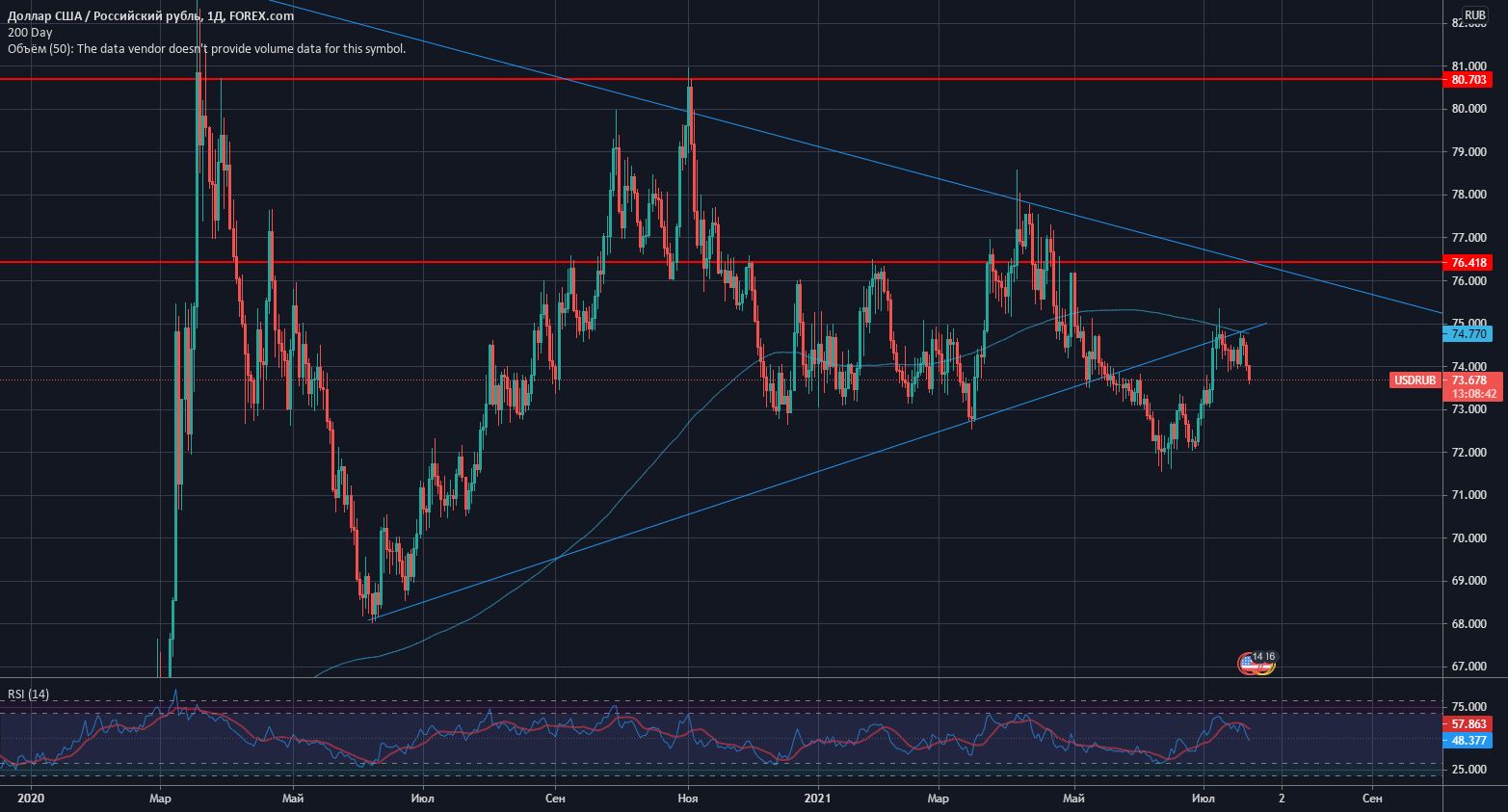What is hedging?

Hedging is a financial strategy aimed at reducing or eliminating risks associated with adverse price fluctuations in various assets. This practice is widely utilized across several sectors, including the Forex market, stock market, commodity markets, and even corporate finance.
The concept of hedging involves using financial instruments or market strategies to protect an investment portfolio or an individual asset from potential losses caused by price changes. The primary goal of hedging is to minimize risk associated with market volatility while still retaining the potential for profit.
In the Forex market, hedging is commonly used to guard against currency risks that arise from fluctuations in exchange rates. Companies engaged in international business often utilize currency forwards, options, and swaps to protect their revenues and expenses from unfavorable shifts in currency values.
One straightforward method of hedging is direct hedging, which involves opening offsetting positions in an existing trade. For example, if a trader holds a long position, they might open a short position on the same currency pair to shield against adverse price movements. It’s important to note that not all brokers support this method of hedging.
Some currency pairs exhibit a high degree of correlation, meaning they typically move in the same direction. For example, if a trader holds a long position in EUR/USD, they might simultaneously open a short position in GBP/USD, as these pairs often react similarly to market conditions.
Dynamic hedging involves continuously adjusting hedge positions in response to shifting market conditions. This strategy requires proactive management and close monitoring of positions to ensure effective risk mitigation.
Arbitrage strategies also play a role in hedging. These strategies capitalize on price differences between various currency pairs or trading platforms. However, they demand swift execution and accurate calculations to be successful.
The most significant advantage of hedging is its ability to reduce risks associated with unfavorable currency movements. This protection is particularly important for traders who maintain open positions over extended periods.
In conclusion, understanding and implementing hedging strategies can provide Forex traders with greater confidence and security in their trading operations. By effectively utilizing various hedging techniques, traders can safeguard their investments while still pursuing profit opportunities in the highly volatile currency market. Whether through direct hedging, dynamic adjustments, or arbitrage, having a solid hedging approach enhances a trader’s ability to navigate market uncertainties and achieve long-term success.